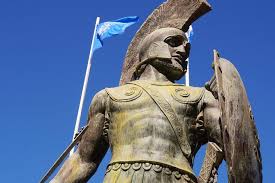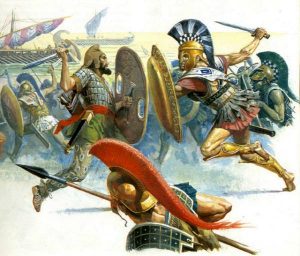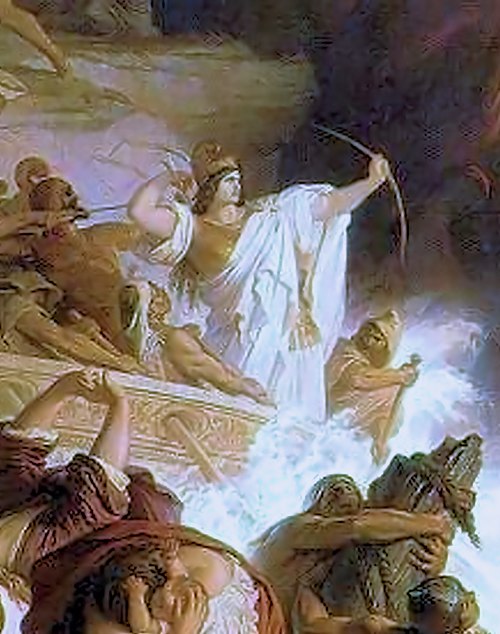By Van Bryan, Contributing Writer, Classical Wisdom SPARTA Sparta, also known by its ancient name Lacedaemon in honor of their legendary founder, is often considered to have been the most dominant military presence in ancient Greece. Their infantry soldiers were said to have been among the most skilled and fearsome warriors of the ancient world.





